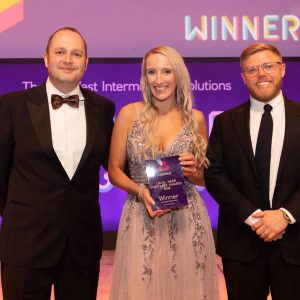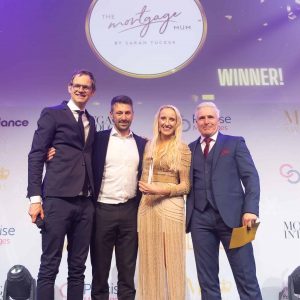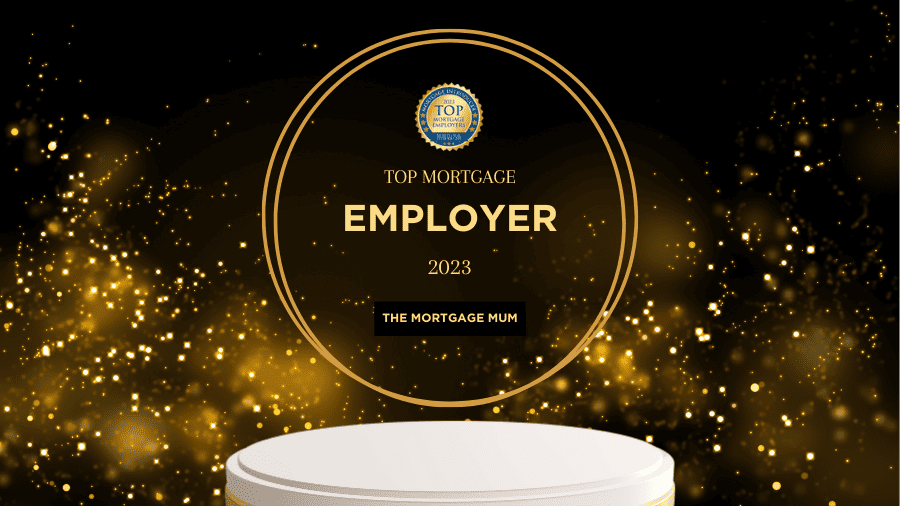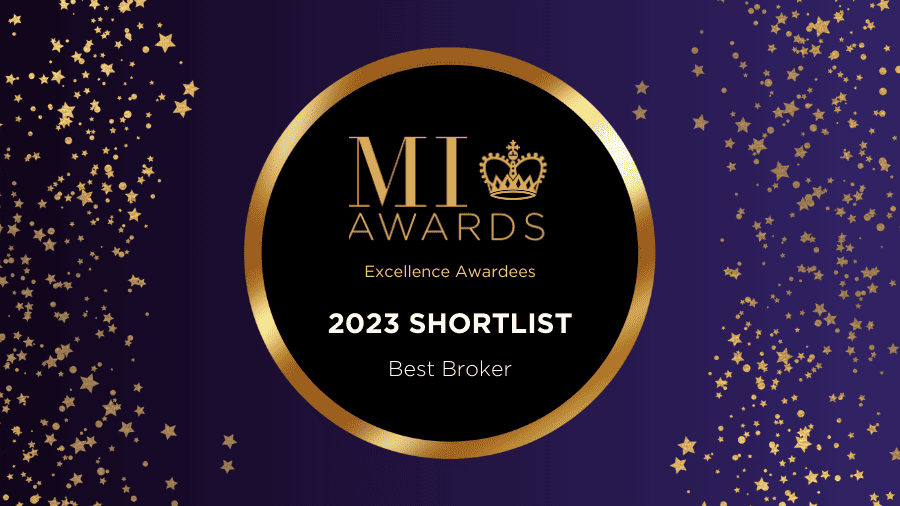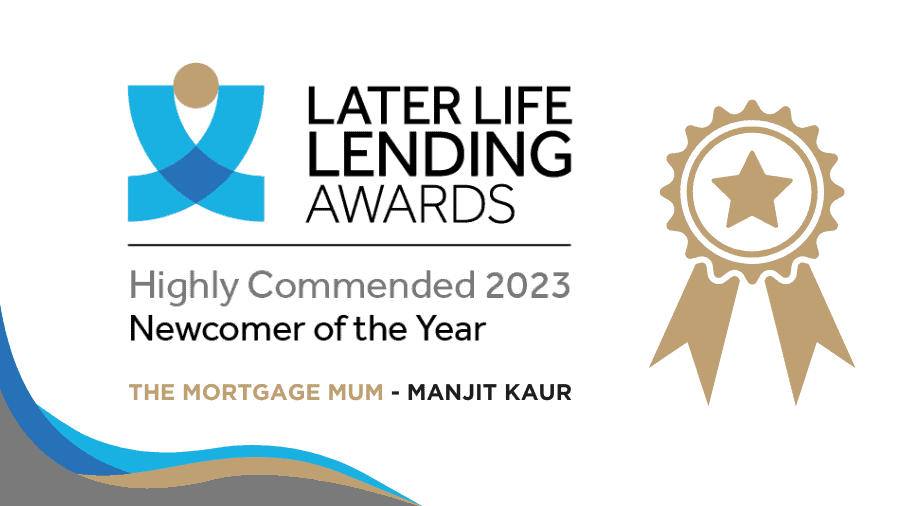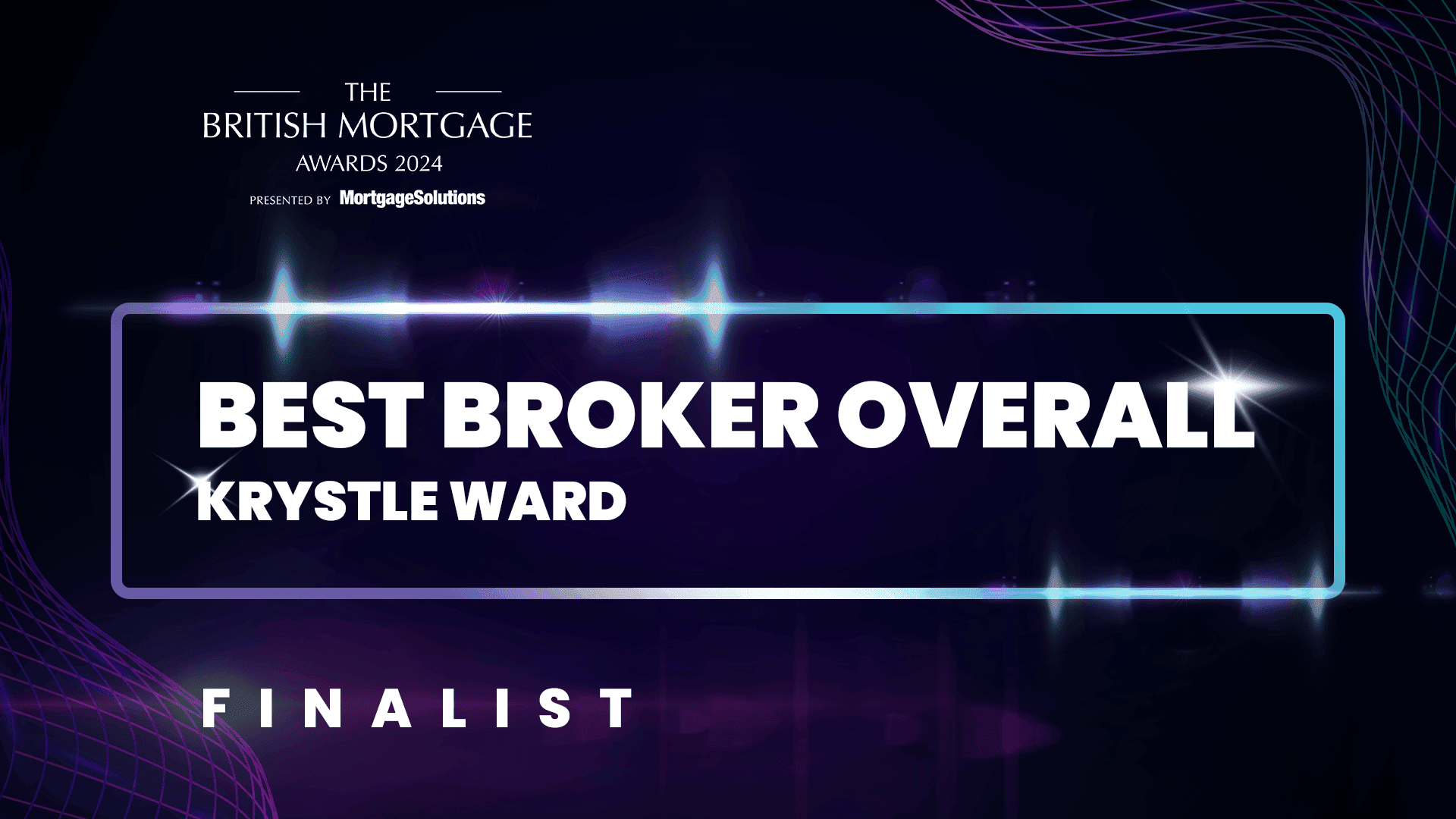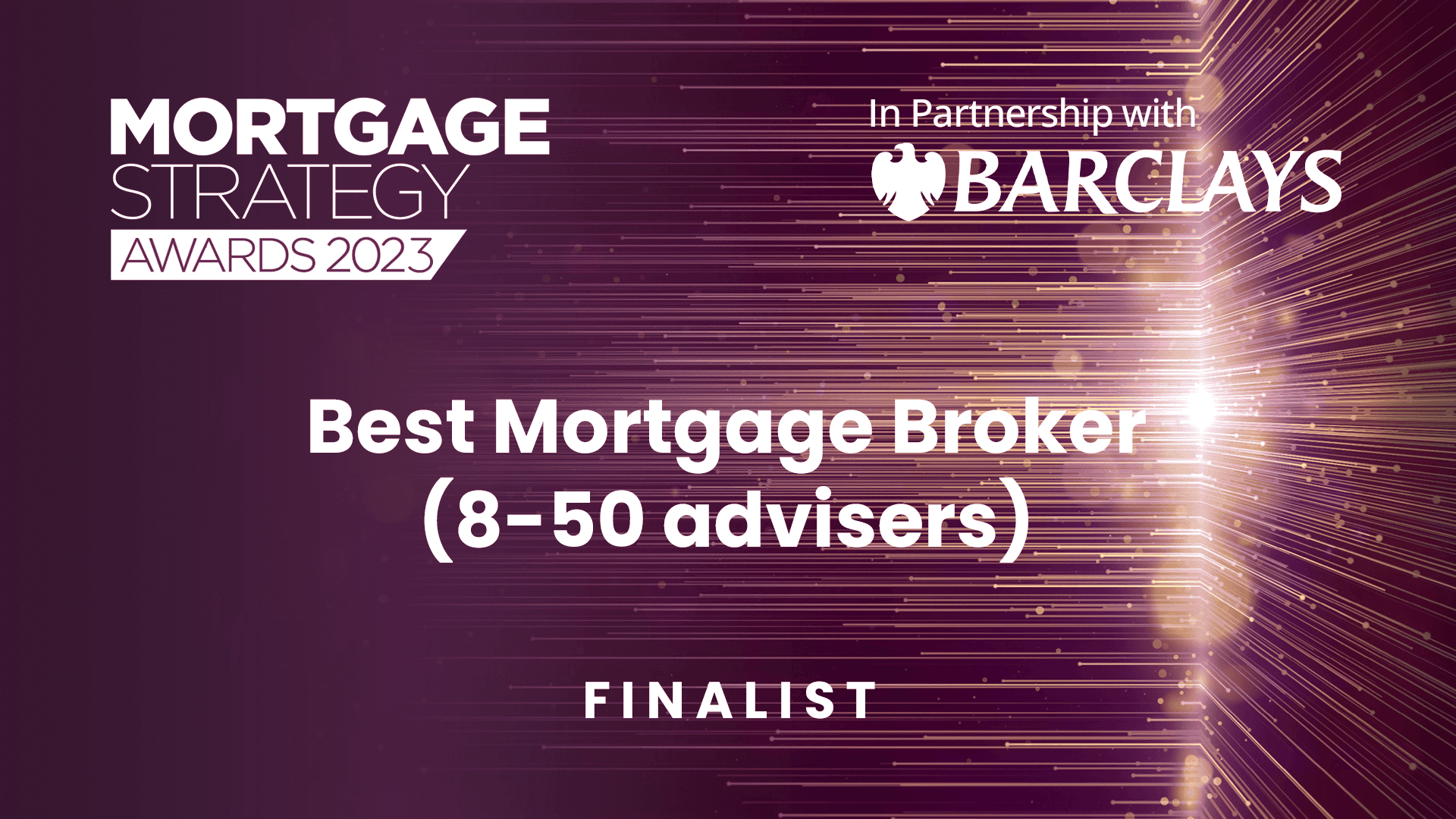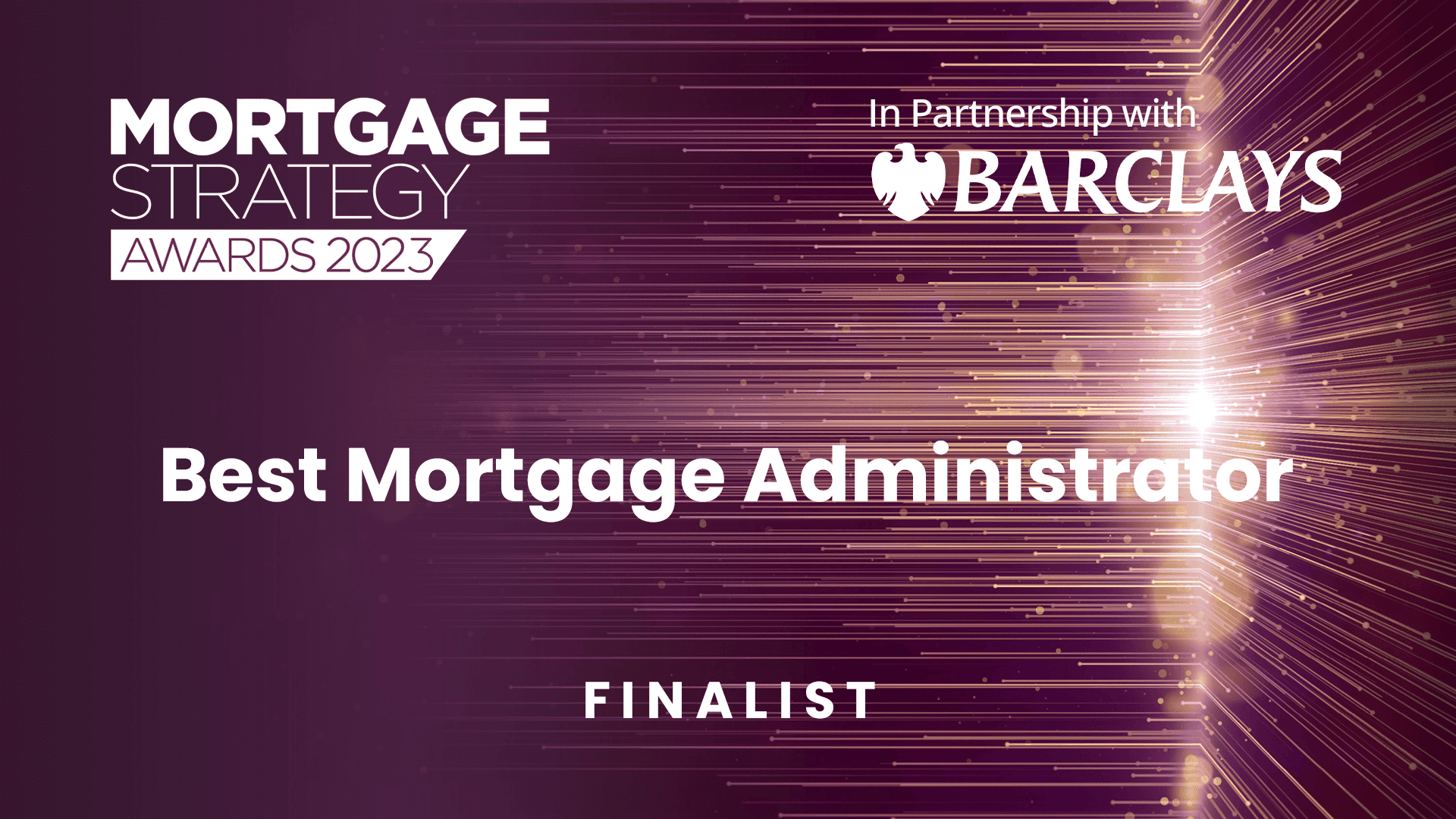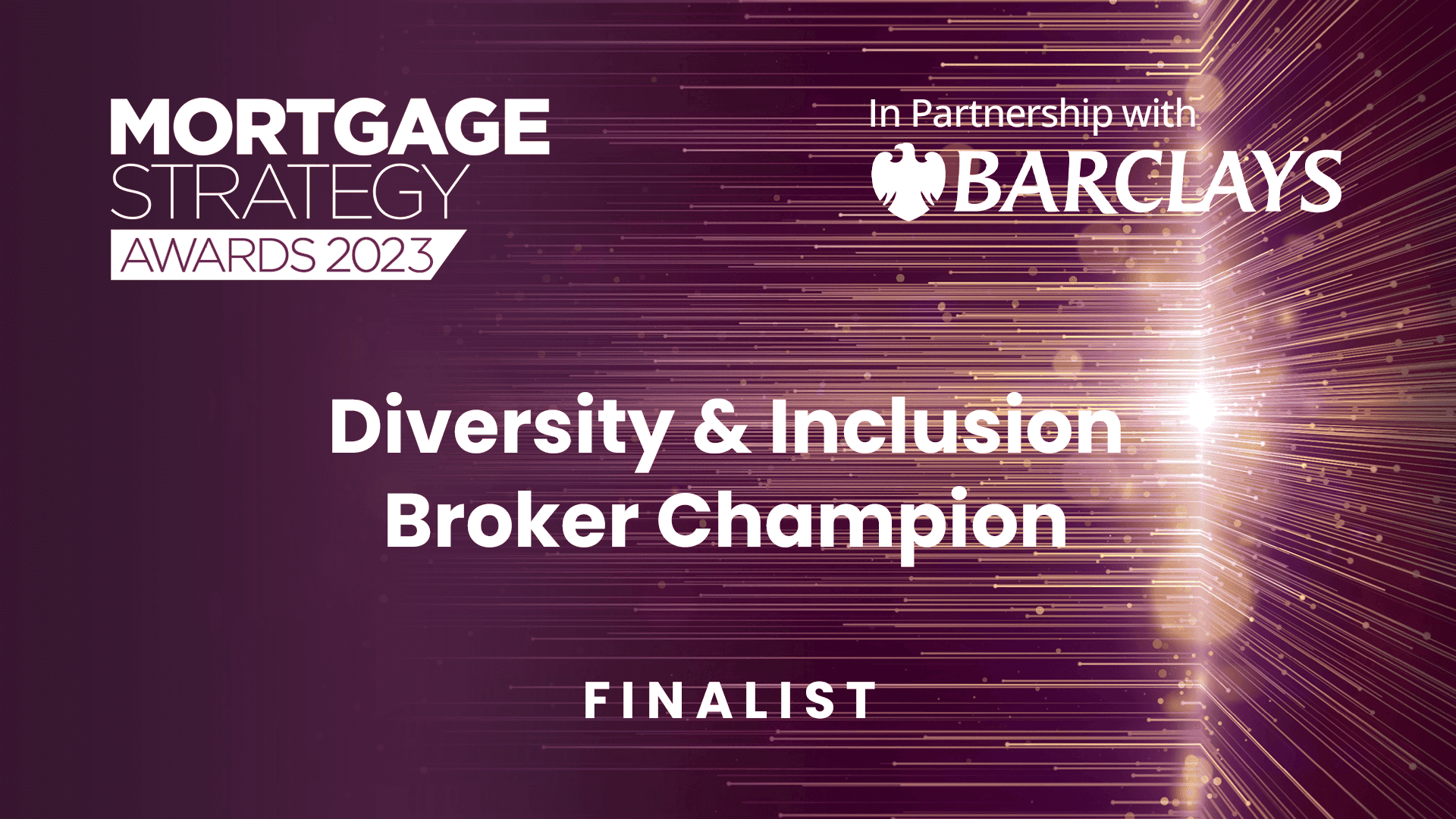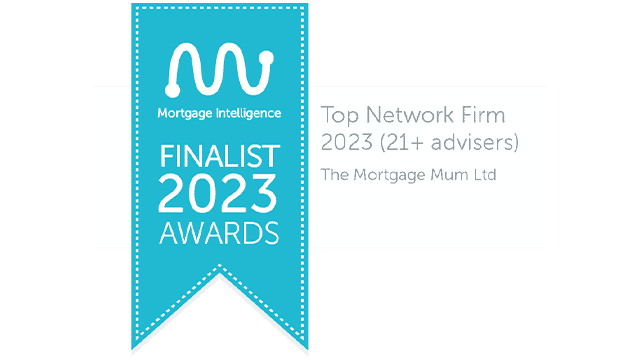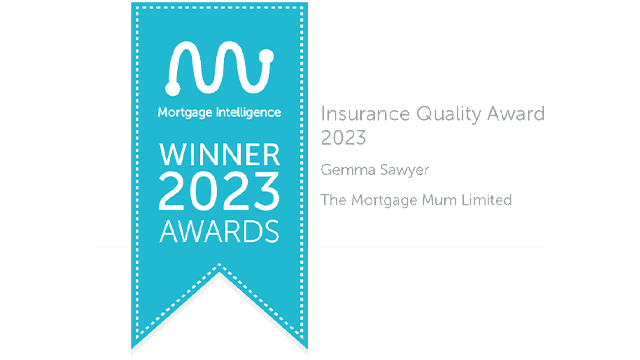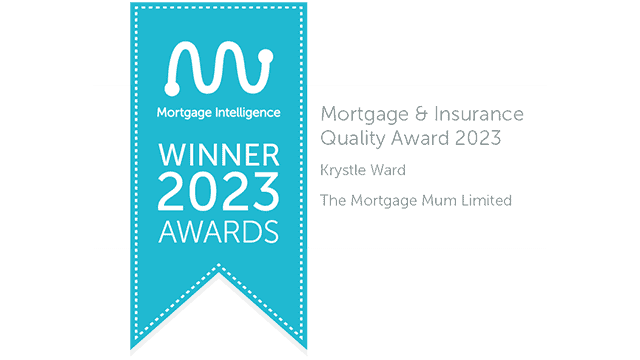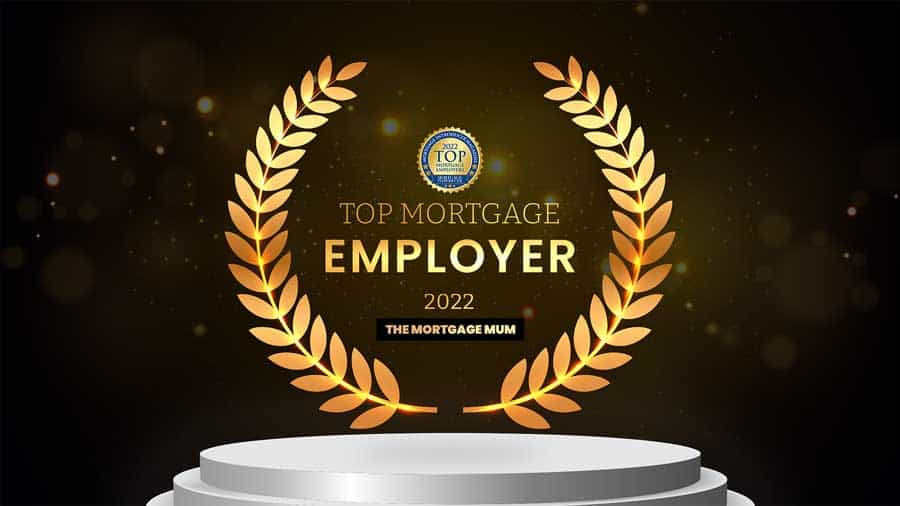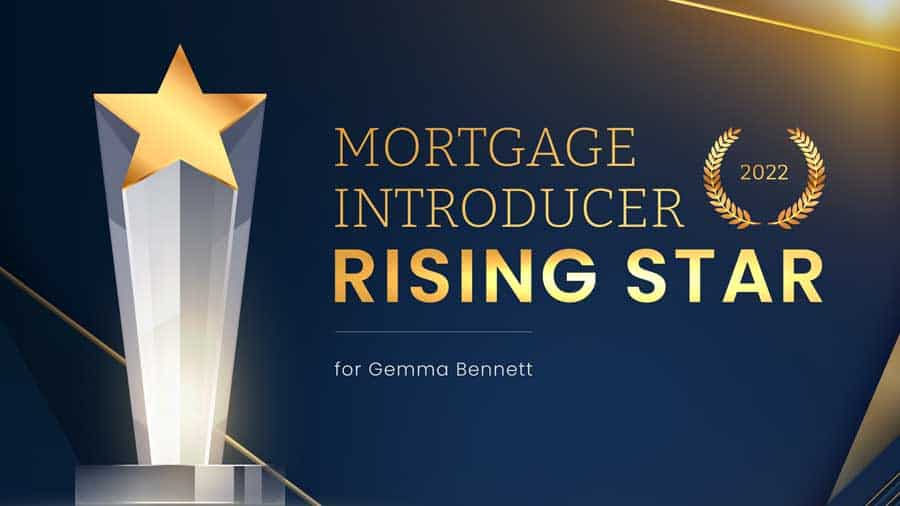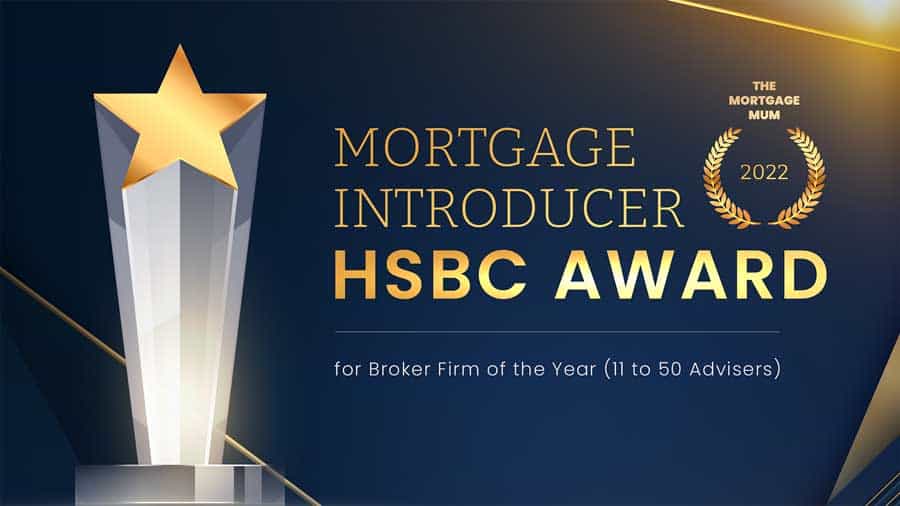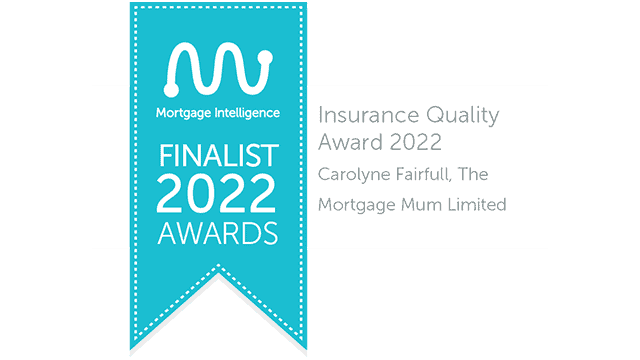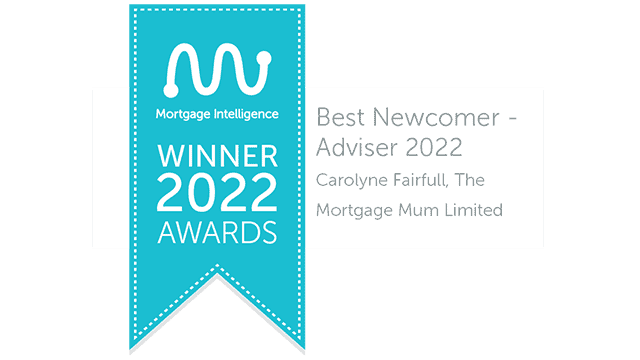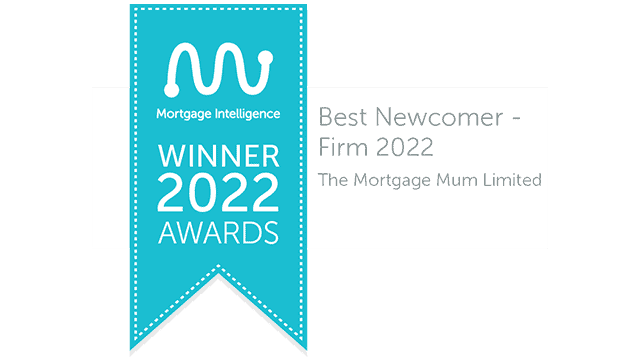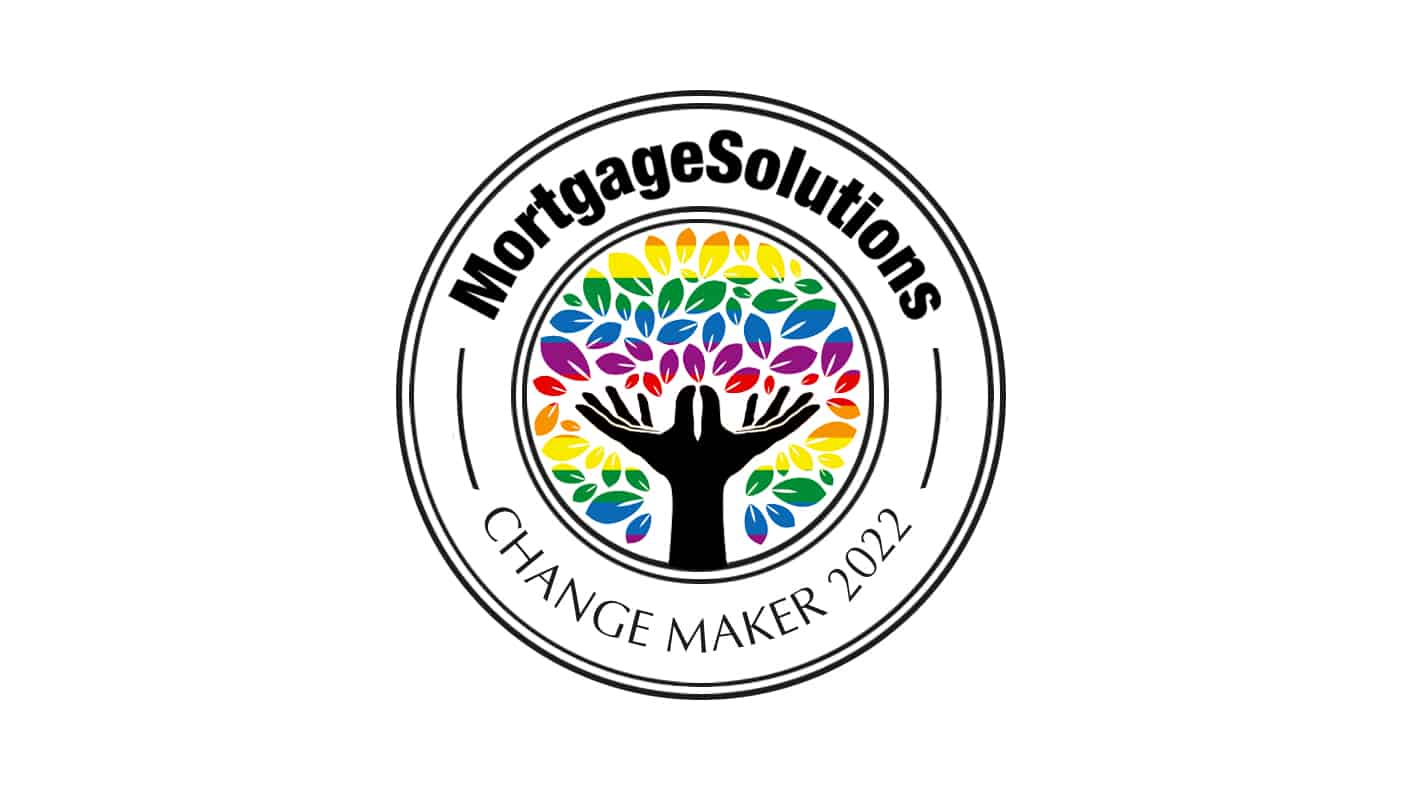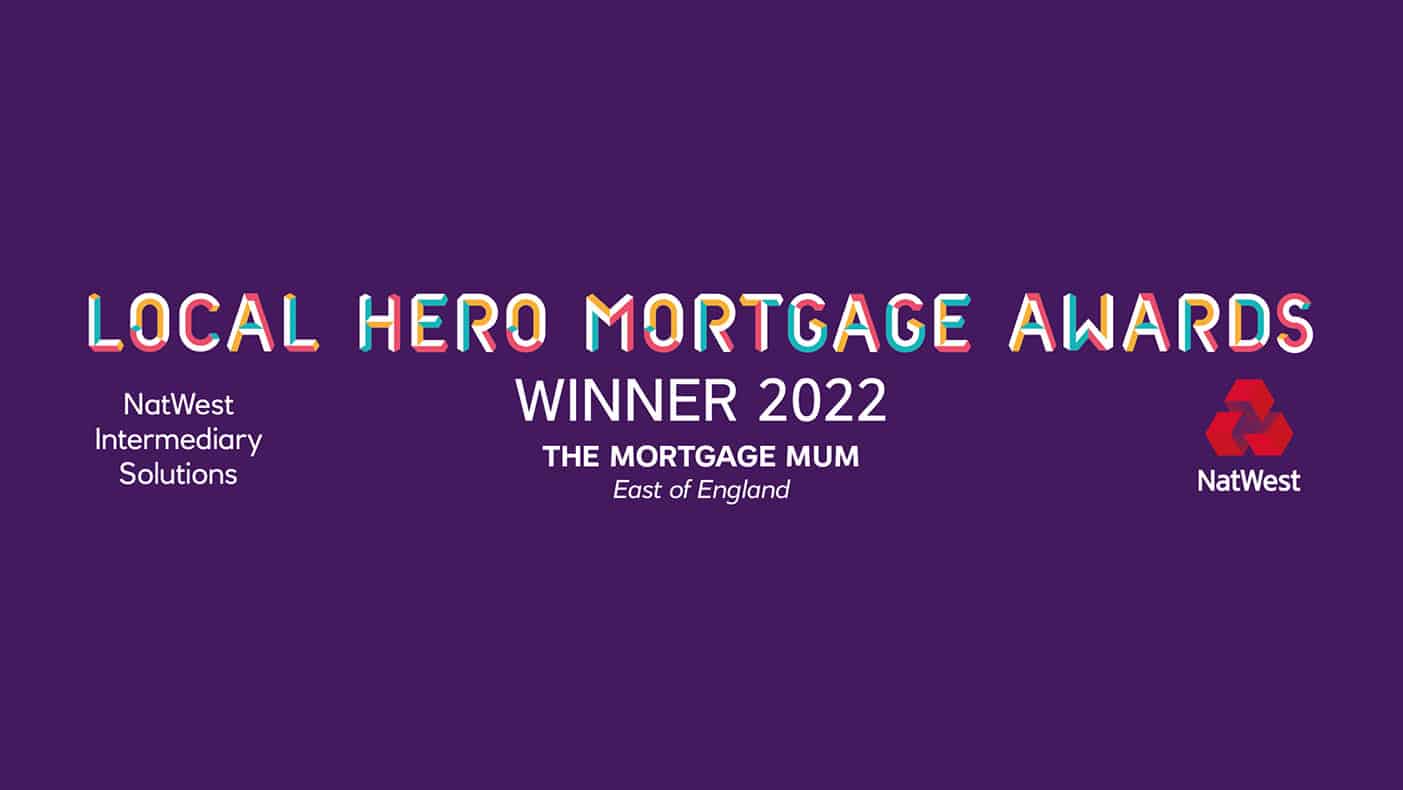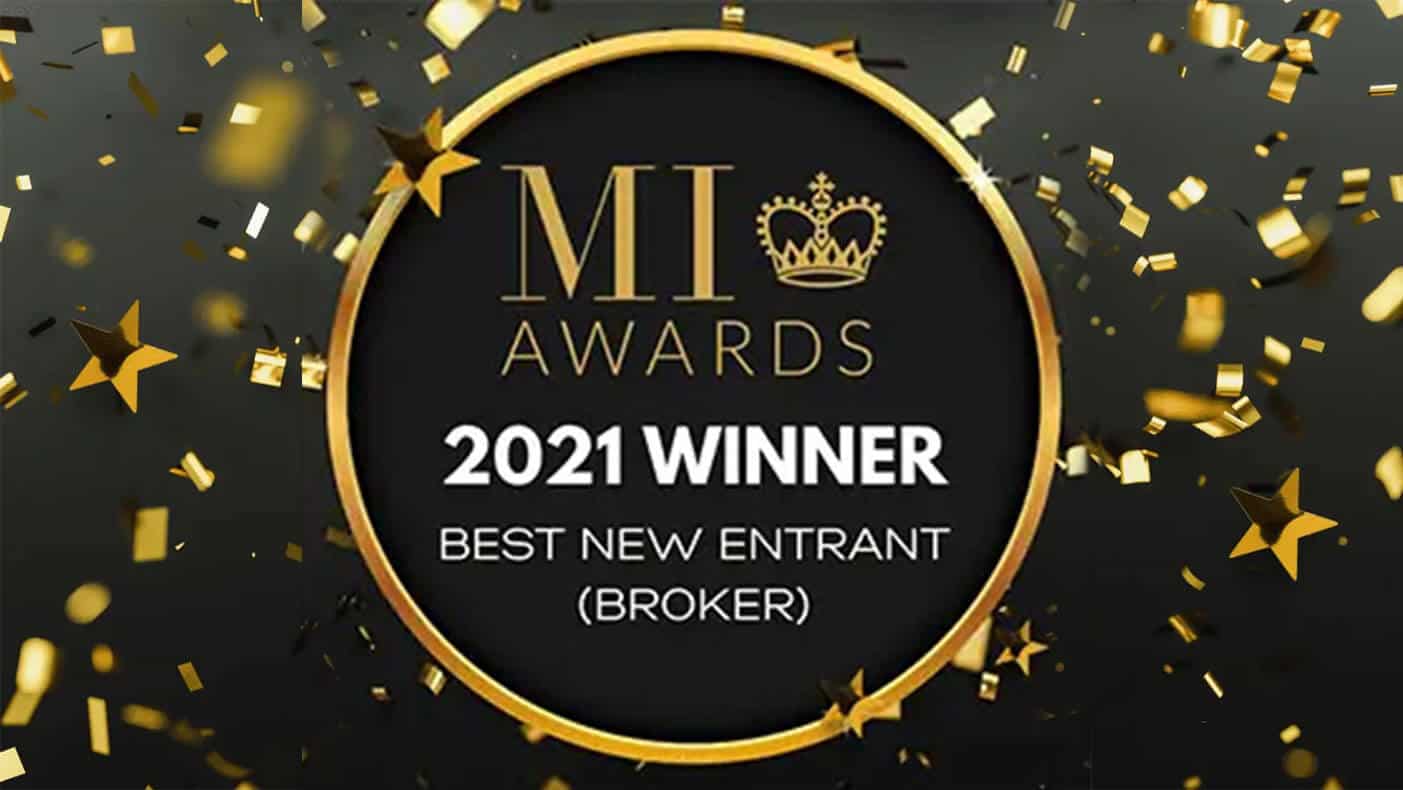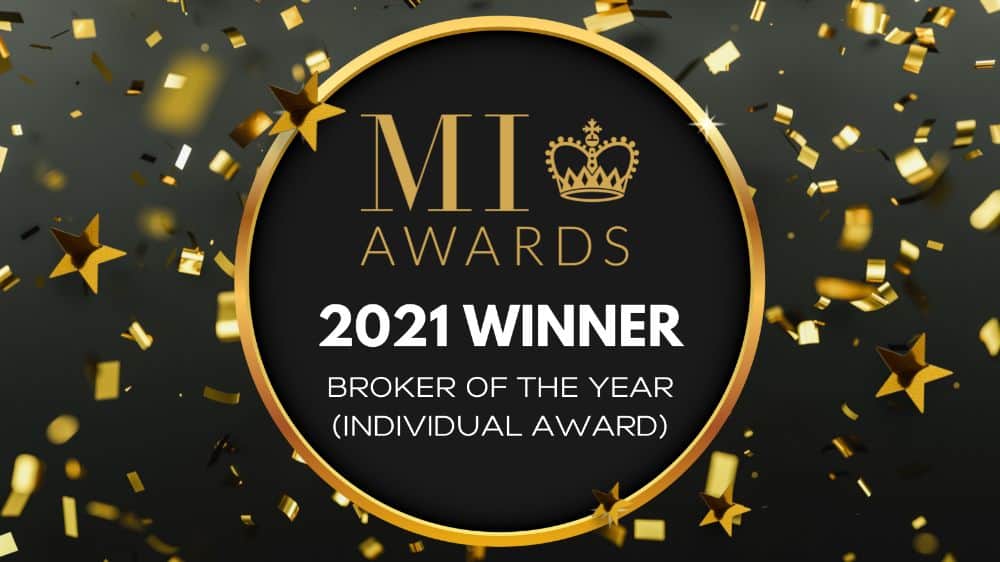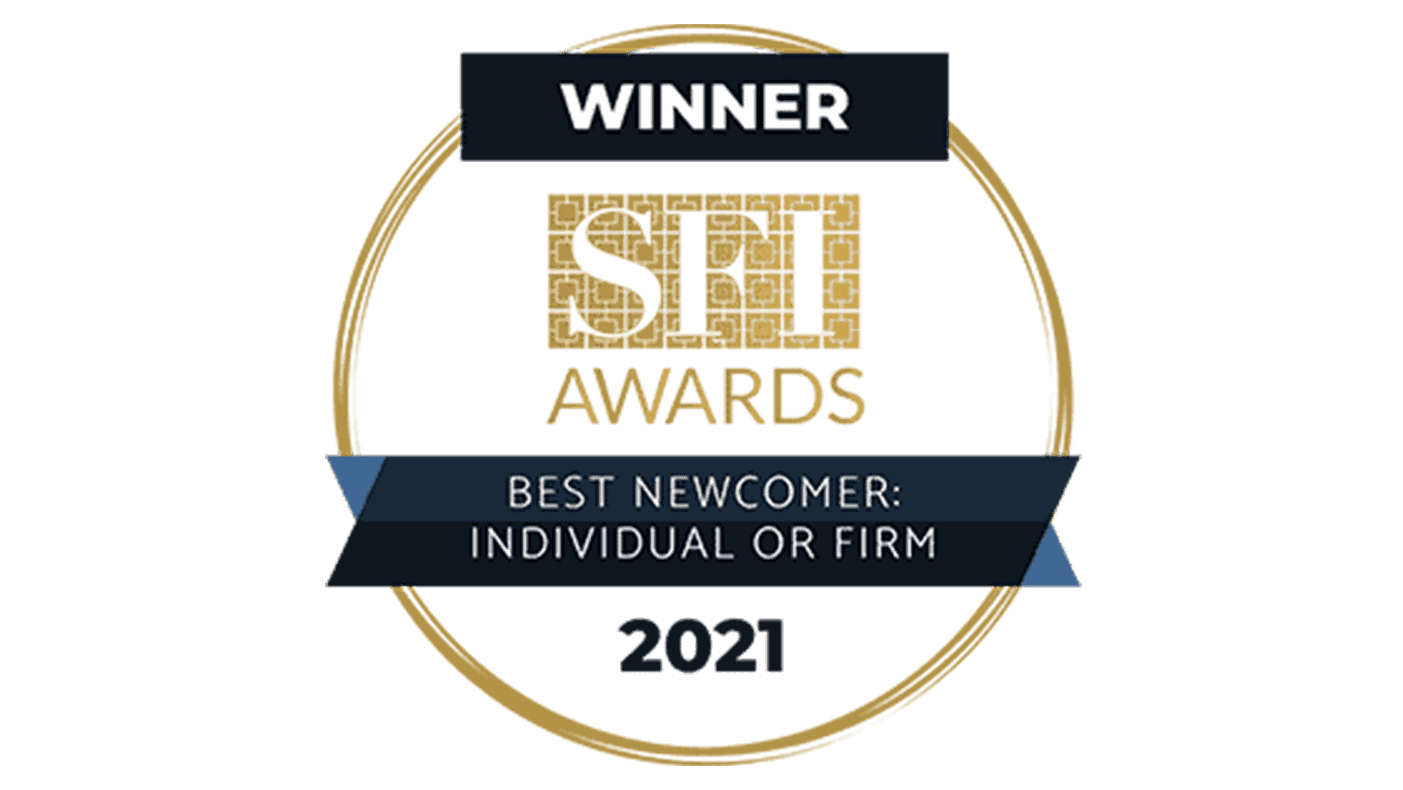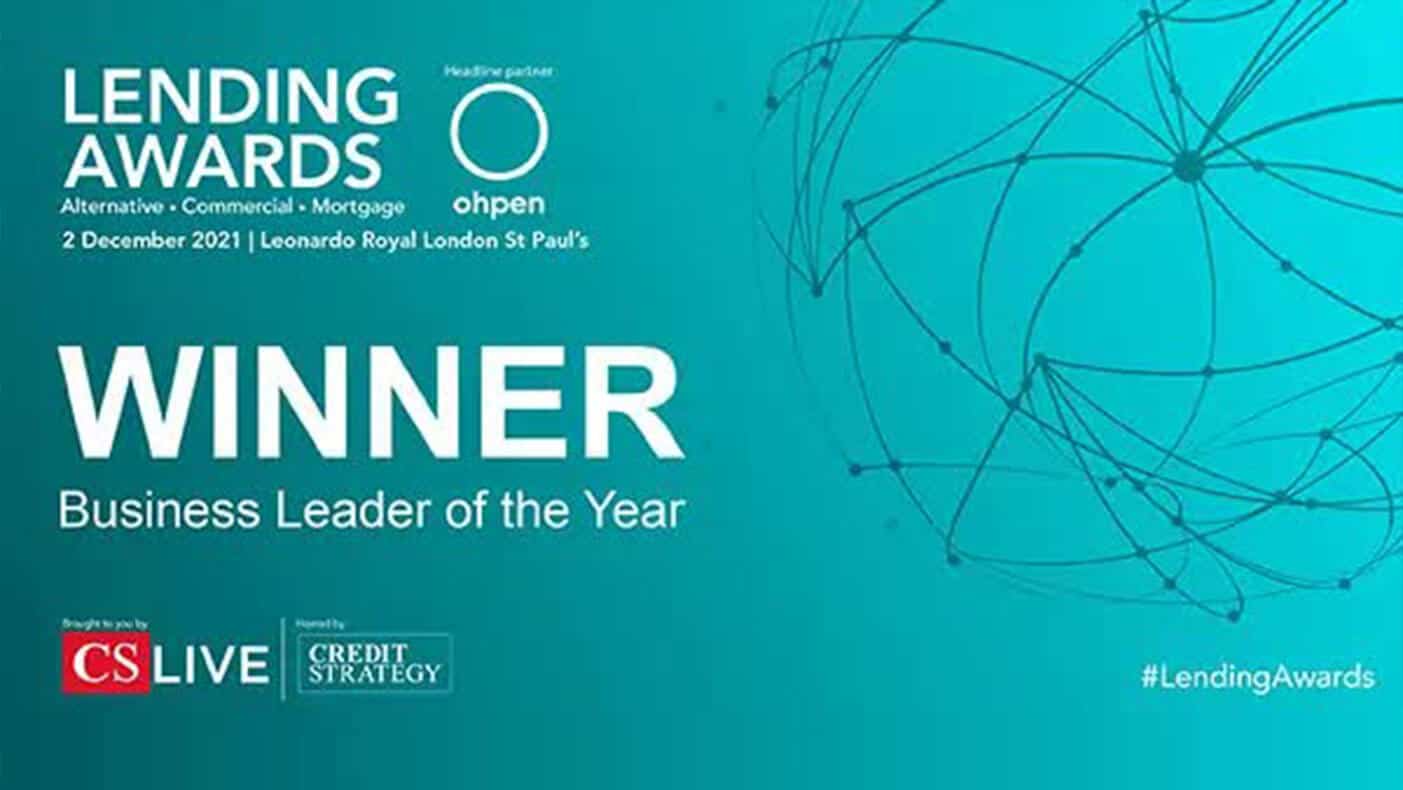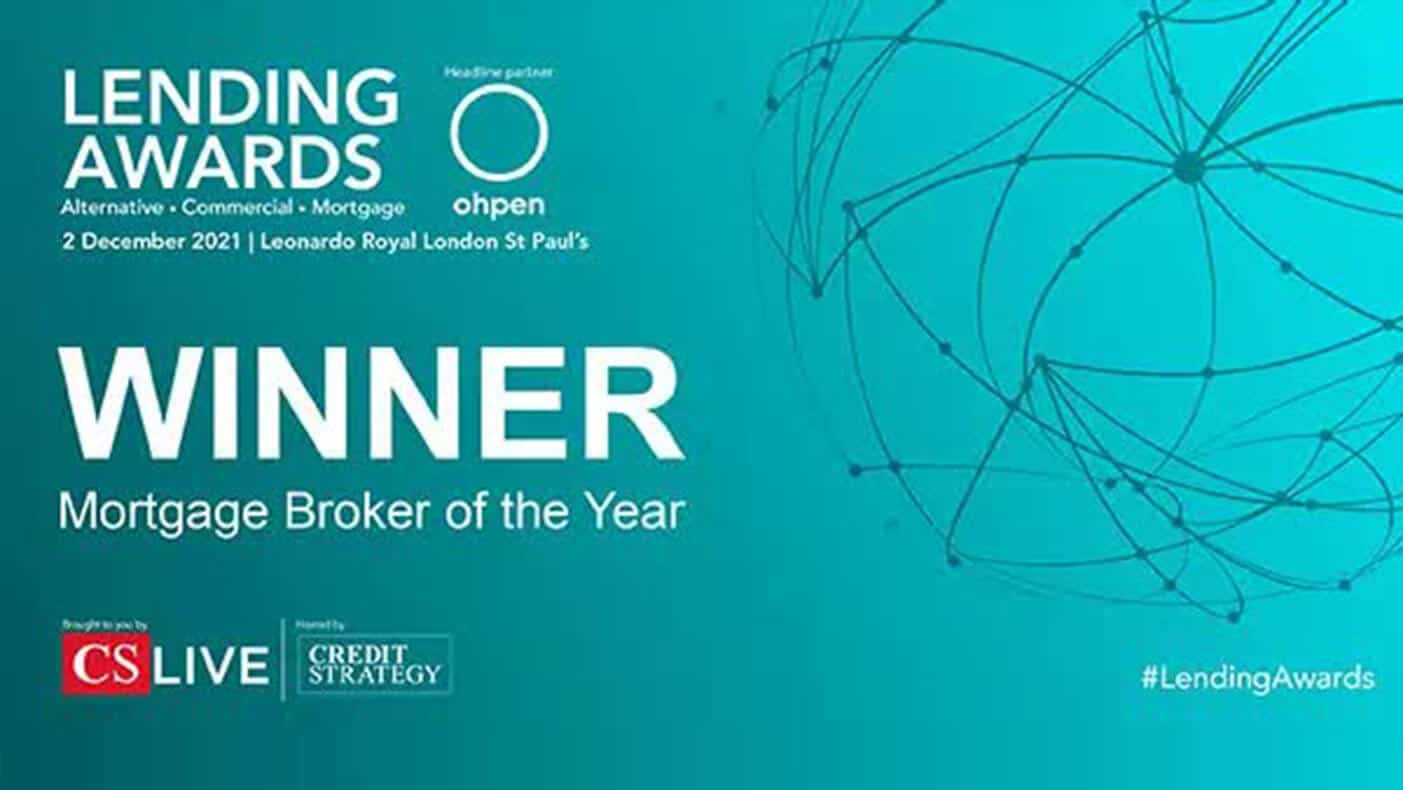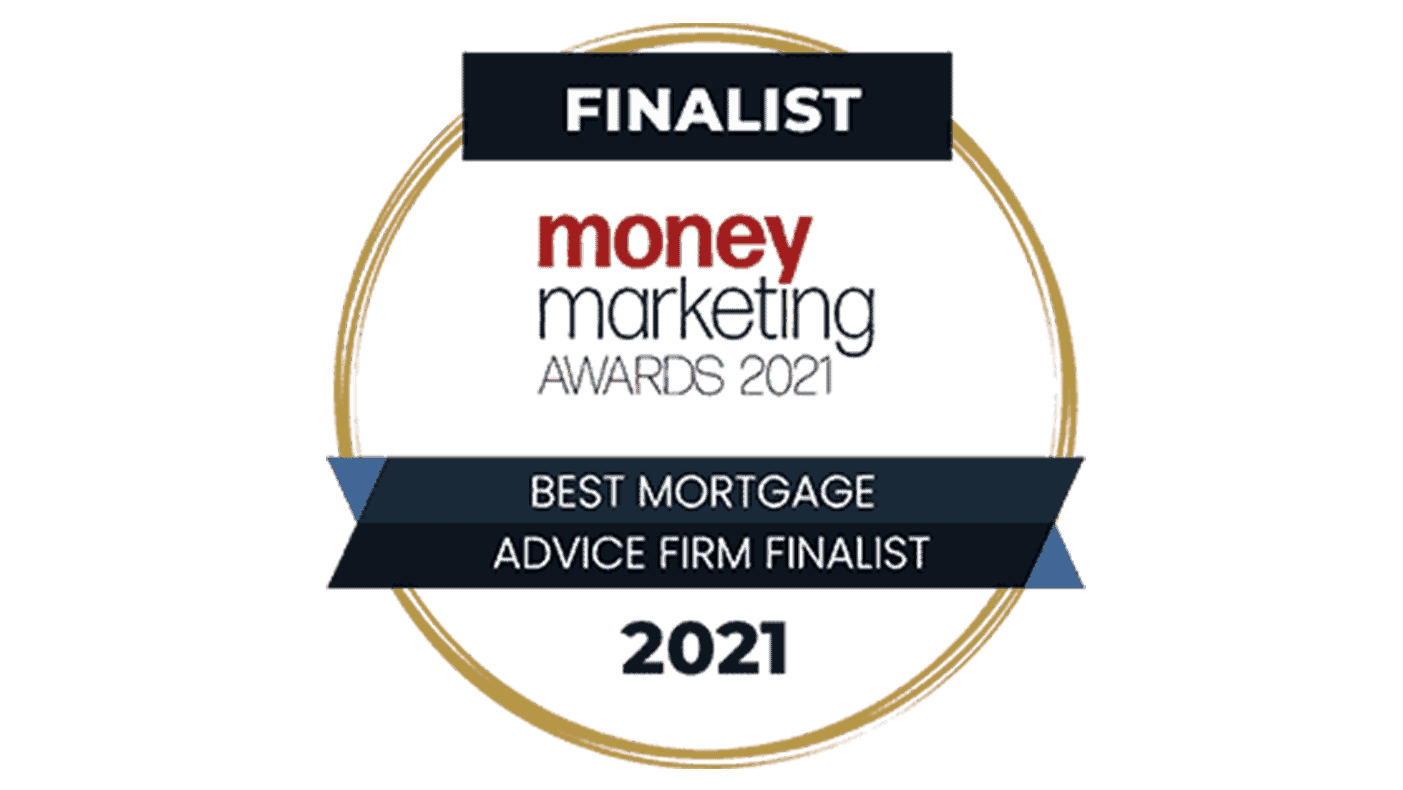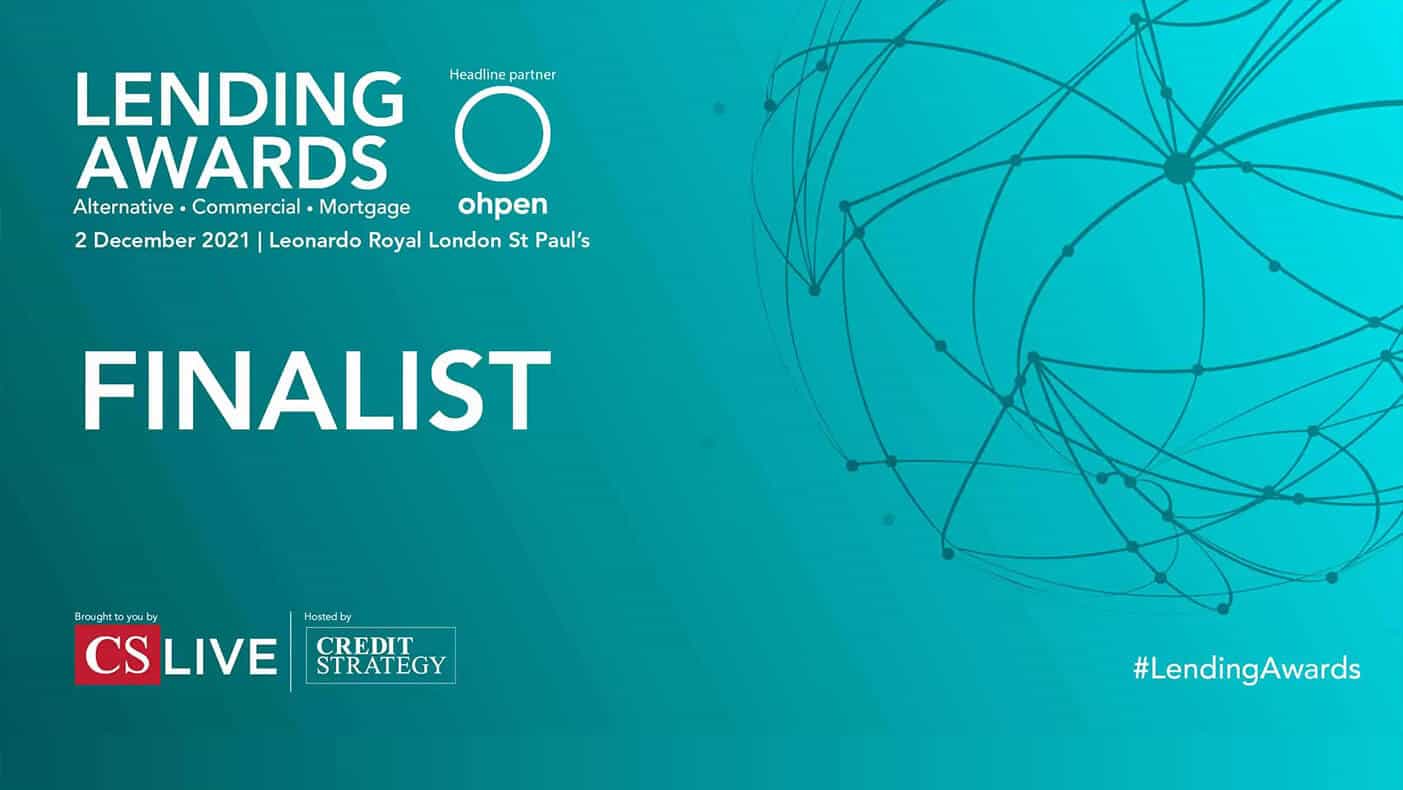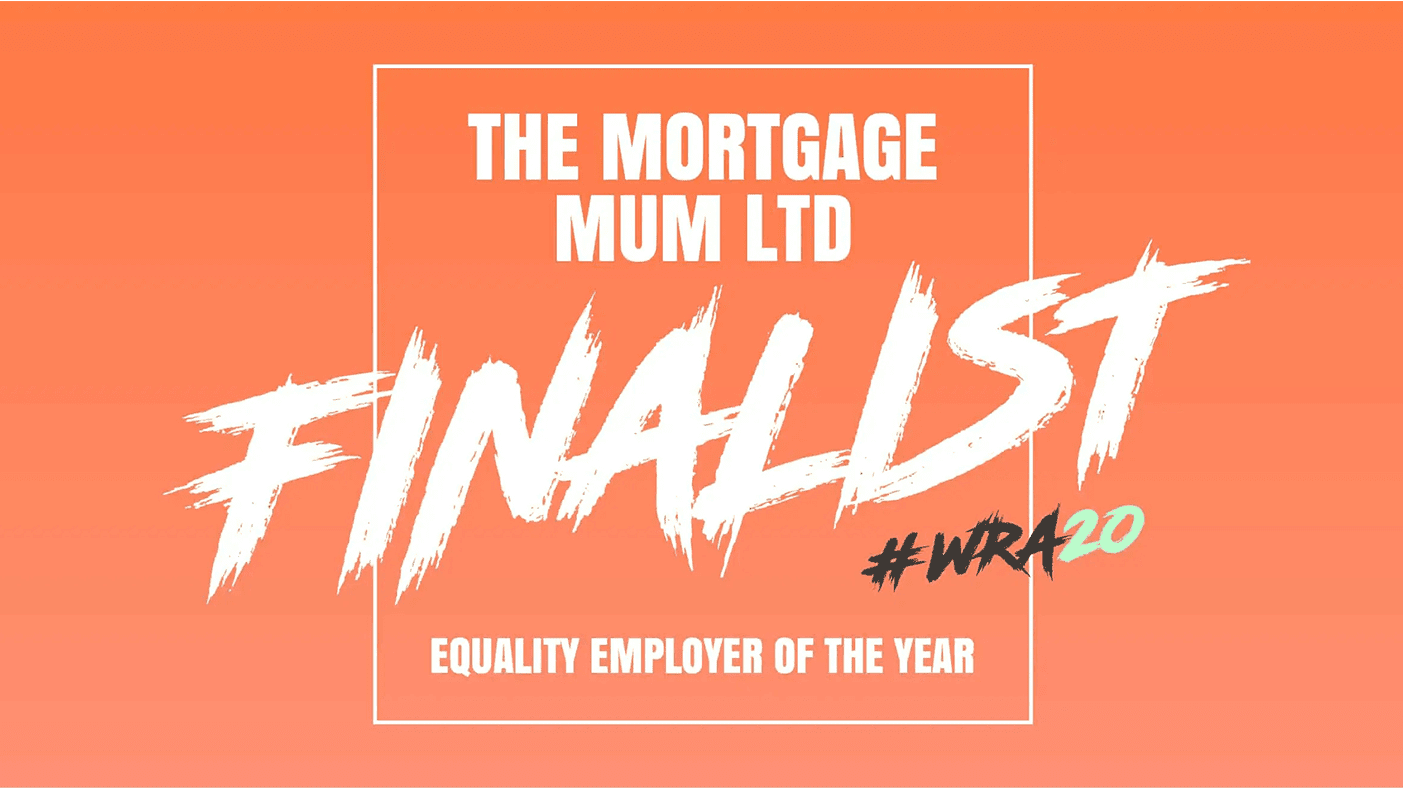Is now the right time to invest in property? With special guest and co-founder of Bespoke Sourcing, Hannah Mills
Guest host, Shelley Walker, Senior Broker at The Mortgage Mum chats to property guru, Hannah Mills.
Hannah – tell us a bit about yourself?
Thanks for having me on! I haven’t been involved in property for long in terms of full time employment. Originally, I was actually a solicitor. I quit my job in February 2019 and started in property then.
Myself and my business partner, Gwyn, have done a lot in the property industry in a short space of time, some unintentionally, but most of it intentionally. It’s been a massive learning curve and it certainly hasn’t been a standard four years in the industry.
Trying to navigate the economy with a property business has been interesting at times. At the moment we’re prominently a sourcing company, but with many different facets to that. We are also a land and development company, and have our own developments underway. We’ve got commercial conversions going on, flips and a small portfolio of Buy to Lets as well. We’re quite varied in what we do… basically Gwyn and I just don’t enjoy sleeping at night!
What made you want to make the leap into self employment?
The biggest thing for me is the time aspect, which is a double edged sword, really. When you become self employed, you work more, because you essentially create your own money. So there’s no ceiling to how much you can earn also, but there’s no protection, there’s no basic salary.
I loved being a solicitor, but I didn’t like the regimented hours or that there was a ceiling and a set progression in my job. I wanted to feel a bit more passionate about what I was doing. I was working in mortgage repossessions and banking claims, which was challenging and interesting, but it doesn’t really get you up in the morning.
I always loved property, always wanted to get into doing flips and that was always my driver when I was young. For one reason or another, my path took lots of different turns. At one point, I thought I was going to go to America and play football, but then I ruptured my ACL so that was off the cards. I ended up going to Cardiff and studying law, because I got good A-levels and thought that law would let me do lots of different things.
So I got a job as a solicitor but didn’t enjoy it. What I really enjoyed was property. I handed my notice in with about two months worth of savings in my bank account. I wanted to take my time back and spend it with my family, doing what I wanted.
But what a lot of people don’t tell you about setting up your own business is that for the first few years, you don’t get the time you want. You have to put in the hours. Later, you get to a point where things start running for themselves a bit, and I think we’re getting there now. So that was my big reason, really. Time.
Before you went self-employed, what advice did you take?
I am quite a gung ho person in general with business and investments – I do have a bit more of an appetite for risk. Gwyn is a lot more strait-laced than me, which is why we work so well together. But I did have some savings behind me, and I also had a small rental to serviced accommodation portfolio that was making money.
I knew I was producing some income per month to cover the minimum I needed. That addressed some general advice I’d had: make sure you can cover the basics. The last thing I wanted was not to be able to afford my mortgage or the bills.
That’s the biggest advice I had, to cover your liabilities, because that’s massive. The positive thing for me was suddenly I had all these extra hours per week when I no longer had to travel to Bristol, which was taking me six hours a day on the train.
The next piece of advice somebody gave me was that business is cutthroat, so you need to protect yourself and build the right relationships. I’m not saying that everybody in business is bad. They’re not. We’ve got great relationships. Gwyn and I have known you at The Mortgage Mum for nearly four years now, and together we’ve done so many properties and even my own personal house and things. That’s a great relationship and I’ve recommended somebody to you this week.
I was quite naive at the start and I got burned a couple of times by being too nice. This was a great lesson, to make sure you work with the people you want to work with that will build business.
Then, the last piece of useful advice is to work ‘on’ the business, not just ‘in’ the business. I never really understood what that meant before. When I was a solicitor, they always used to bang on about ‘business development hours’. I didn’t see why I had to do that. But when you own your own business, it’s so true. If you can work on the business itself and not get bogged down with what’s inside it, you free up so much more time and creativity.
What advice did you get about company structure? Being a sole trader versus a limited company?
I’ll be honest with you, absolutely none. It almost felt like we were starting on a treadmill set at 16 miles per hour. When we first started the business we didn’t know what the best company structure would be. We didn’t know the best tax avenues. We didn’t necessarily have the best accounting in place, and that’s no disrespect to the accountant that we had. It’s just about how quickly we wanted to grow the business. We probably needed somebody that was a bit more flexible and knowledgeable about wider strategies.
I think it’s a big problem within the property industry. My cousins, for instance, got involved with a flip deal with us and we set up an SPV because it was the easiest way to do it. But an SPV wasn’t necessarily right for them, later down the line. It was right for Gwyn and myself, but you don’t always have that tax advice when you need it.
I don’t really think there’s an awful lot out there in the property industry unless you pay for certain courses that charge you a lot of money. We’ve learned as we’ve gone along.
The biggest piece of advice is, if you’re thinking of setting up a property company or several businesses, get the foundations right first. Speak to a tax accountant, because Gwyn and I have several different companies, which is great, but it’s a nightmare to explain to lenders.
With hindsight, we would have done it slightly differently and we would have got where we are more quickly. But there was nothing really available when we first got started. There’s a bit of a gap.
Shelley: For the benefit of our listeners, I just wanted to say that an SPV, a special purpose vehicle, is a limited company set up for the purpose of buying, selling and renting property. There is another podcast that Sarah Tucker and I have done about that. As you say, it isn’t always right for everybody. We can’t give tax advice here, but your individual circumstances and tax bracket are very important when you’re looking at buying and property and/or renting. That podcast is worth a listen if you haven’t done it already.
What was your experience of getting a mortgage as a solicitor?
I found it really difficult after I first bought this house. We had a mortgage with Halifax as First Time Buyers. We bought it for £86,500 and it was all solely in my name at the time. It was just before I qualified as a solicitor. I was earning £21,500 a year. It was fine – I had three months bank statements, a credit check, three months payslips, and that was it.
It was a repayment mortgage but at first we were paying around £260 a month, something ridiculous. But scroll forward to when I became self-employed… Nobody told me how difficult it is to get a mortgage when you’re self-employed, despite the fact that I was earning nearly double at £42,000. I was earning even more than that through investments and things, but I’ve never experienced anything like it.
Shelley: Normally, when we’re looking at self employed mortgages, we need at least one to two years worth of accounts. If you haven’t got those, it can be really difficult to get a mortgage. There’s a myth around there being specific mortgages for self employed people. That isn’t the case. Lenders have their own criteria around self employment, but they are effectively the same mortgage products. You have to jump through a lot more hoops to get there.
Hannah: We first went after it in 2020. We started the process and lenders were happy to accept one year’s worth of accounts and we had an offer in place. Then literally a week later, COVID meant the minimum was two years. So we had to wait for me to have two years’ accounts. Then, we secured products but the lender then pulled them off the market. It was a nightmare.
It was more difficult because I was refinancing to pull equity out of the house. I wish somebody would have told me how much easier it would have been to refinance or remortgage on a wage. I quit my job in February 2019 – knowing what I know now, I would have held on for a couple more months and the process would have been a lot easier.
But Shelley always told me that golden rule, that if you’ve got two years worth of trading accounts, it changes everything. We used a specialist lender because I had one year of accounts at the time. Shelley literally held my hand for two and a half years to get me through this process. I couldn’t recommend her enough.
Has self employment changed your view on protection?
I actually had surgery last Friday to fix my knee after a football injury. One of the things the physio asked as I came round was whether I had two weeks off to recover. I said, no, I’m self-employed.
That’s been a big realisation, over the last couple of days. At the moment, I don’t have protection in place. It’s something Gwyn and I have talked about continually. And this event has pushed me to reignite those conversations and sort something out.
Everyone needs time to recover. I found working over the last couple of days really difficult because I’ve been really tired. I’ve realised that I’m not getting any younger. I turned 30 last year. Anything can happen.
When you get started, you’re on such a wave. You think, oh, it won’t happen to me. But you can get serious illness protection that covers your mortgage payments. So I’m definitely going to get them in place. Gwyn actually already does because he’s much more sensible than I am.
There’s shareholder protection too. There’s loads of different things that fit people’s criteria. I was amazed, really, by how much there is on the market. There’s an insurance product for literally everything.
Let’s talk about your investment properties – has being self employed caused you any complications with raising finance?
In terms of bridging, no, but it’s not a quick process. We’ve used bridging for buying properties that we’re looking at doing up and then selling on. Bridging hasn’t been a quick process for us, but it’s been easy to get financed, if that makes sense.
Securing the lending is fine but the process that goes with it can be long. Getting mortgages now I’m self employed, is fairly quick once you have a lender – there’s more of an upfront test and hoops to jump through at the start, then it just sails through.
But with bridging, lenders say they’ll lend to you and don’t care how much it is. But you go through the process, you’re a week away from completion and they’re asking for ILAs and details about previous tenants and that type of stuff. I wouldn’t say it’s difficult but it’s definitely a journey.
The Mortgage Mum does not currently offer this advice on this product (Bridging) and it is referred to a third party. However, we are working towards offering this soon so watch this space.
We’ve always been able to get lending. There’s always a product out there that matches what we’re looking for. Sometimes it hasn’t been at the best rates, but we’re not really experienced landlords. That comes with time.
We suck it up because in two or three years time, our properties will have gone up in value, rents will have gone up and we will get a lower rate.
Shelley: Just to talk about the process of Buy to Let, lenders assess affordability largely based on rental income and the amount you want to borrow, and they have various stress tests that sit behind that. Lots of mortgages have a minimum income criteria, which can mean the self-employed challenge can rear its head again. But with Buy to Let, the rent is really the key factor.
It has been a lot more challenging recently as interest rates rose significantly and the stress test on the rent made it very difficult. But things are looking better. So I’m definitely optimistic.
Rates seem to be going down almost daily. Historically, they might use an interest rate of 5.5% and want rental coverage to be 125% of that. But at one point, they were stress testing at 8% with rental coverage at 145%. But good news is coming. Rates are back at 3.99% subject to eligibility and affordability, but can change any time.
A benefit of being self employed is that you can potentially have an inter-company loan to raise deposit funds. Is that something that you’ve had advice on?
Again, this is something we fell into. I wouldn’t say I’ve had specific advice around it, but it’s handy because you can move equity around to facilitate other loans.
At times it’s been good for us to show equity in other parts of the business. We’ve got deposits and money sitting in the other portfolio, and the deposits here. We use cross loans quite often for different things. For example, if the sourcing business has good profits and we need to fund a planning application, we’ll speak to the accountant about arranging that.
I think it’s a good thing, especially if you’re looking at expanding your portfolio. A lot of people are looking at that now because rents are so high. If you don’t have deposits available but you have the structure, this could be a good thing to explore.
What do you think about the market at the moment? Is it a good time to buy?
I get asked this every week! If you’ve got the right deal in the right place and it’s the right amount of money, then it’s always a good time to buy. It makes no difference what’s going on in the world. If the money is there for a flip or that type of property, then great. It’s the right time to buy.
If you’re looking at accumulating assets quickly to build a portfolio, at the moment, I would probably say it’s not the best time because of the interest rates. I genuinely believe that by the end of the year, we will be having a very different conversation about average rates. A lot of people looking at accumulating properties are waiting for a couple of months. They’re also waiting for property prices to come down a little bit more from COVID.
It’s quite difficult to get below market value deals. It’s difficult to flip because there’s no margin at the moment. We’re not buying anything in Buy to Let or to flip because the margins and the mortgage rates aren’t quite there.
Just before Christmas, we mortgaged four properties at around 3% but for another four properties four or five months later, we were looking at 7%. For us, that doesn’t make any sense. Instead, we’re developing and doing commercial conversions where we can make more money from existing assets.
However, some landlords are accumulating rental properties like it’s going out of fashion, to build a portfolio. Now is the time to own a rental property because rent is going through the roof. We rented a big four bedroom house in South Wales for £1,000 a month that, when I moved here in 2017, would have rented for about £600. So it’s already gone up by £400.
Because the rent is so high a lot of people want to cash in and have a passive monthly income. That’s their strategy. Meanwhile my strategy with Gwyn is about trying to maximise the value of land and commercial conversions.
It’s an interesting time, isn’t it, for property?
It’s not a bad time to invest in property. I invest in property all the time. It depends what your tax position is, what you want to do, and what you want to achieve. But property is literally the best investment that you can make.
Over recent decades property value has doubled every eight years. We can never be sure which way it’s going to go. But that’s what history tells us.
A prime example is my mum and dad. They sold a house in Twickenham for £80,000 in 1983 and bought a four bedroom detached property in Cambridge for £86,000 that year. They looked up that house in Twickenham recently, and it was worth £650,000. They sold our Cambridge home four years ago for £475,000. That is incredible growth.
I want to acknowledge your fantastic rise to success and self employment journey. Are you happy that you did it?
100%. Best decision I’ve ever made. Every day is a school day – some of them are tough lessons and some are great lessons, but I wouldn’t change it for the world. I’m just gutted that I didn’t start sooner, to be honest with you.
You don’t need that much money to get involved in property. You just need to know the right people and build good relationships. So absolutely no regrets. I recommend it to anybody – not necessarily quitting your job and living a life in property – but investing, because it is a fun journey.
If people want to get hold of you, how would they do that?
You can visit our website Bespoke Sourcing, and we do a lot on social media – Facebook and Instagram. Gwyn and myself have our own podcast now, called Isn’t Money Funny? We give away some top tips there.
But if you’re ever interested in property, getting involved in some of our projects, looking for deals, mentoring, all that type of stuff, just contact us. We love to make new relationships and would love to speak to you.
Your home may be repossessed if you do not keep up with your mortgage repayment.
The Financial Conduct Authority does not regulate most Buy to Let Mortgages.












